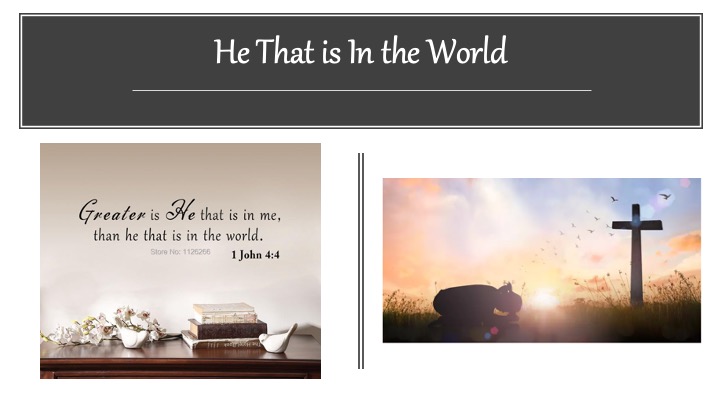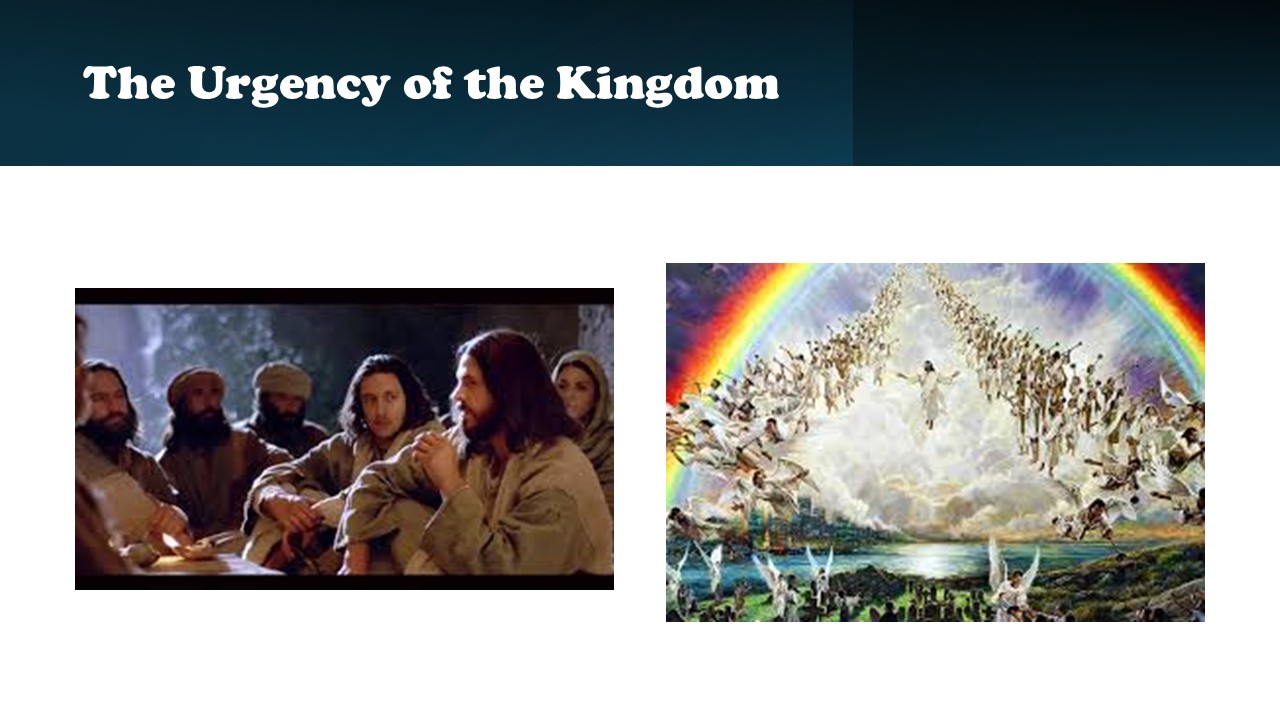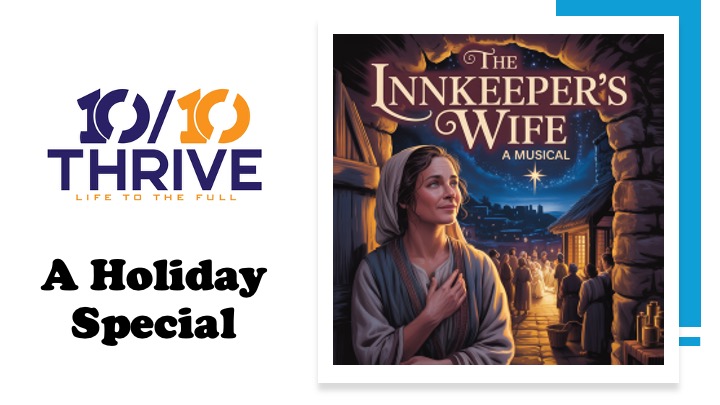Easter Sunday is a significant holiday for Christians, marking the reconciliation between God and humanity through Jesus' death and resurrection. The day has traditionally been associated with themes of peace, hope, and victory over death, despite humanity's often violent expressions on the day. Several significant historical events have occurred on Easter Sunday, including the end of the American Civil War, the beginning of the Battle of Okinawa, the establishment of the Italian Republic Constitution, and the failed Bay of Pigs invasion in Cuba.
Many countries around the world have their unique Easter traditions, reflecting their cultures and histories. Some of these traditions include Semana Santa in Spain, the burning of Judas in Mexico and Latin America, Easter markets in Germany and Austria, kite flying in Bermuda, Ethiopian Orthodox Church's 55-day fasting period, Haux Omelettes in France, water pouring in Hungary, Palm Sunday processions in Italy, egg tapping in Greece, and Easter bonfires in the United Kingdom and Scandinavia.
These Easter traditions serve to emphasize the shared significance of the holiday for Christians worldwide, while also highlighting the unique cultural practices of various regions. Through these celebrations, communities can come together to celebrate the central tenet of the faith and the promise of new life.

Satan was an angel created by God who turned against God’s authority (Isaiah 14:13) and became the head of a kingdom of evil spirits...

The Gospel of Mark is characterized by a sense of urgency, evident from the very beginning. Jesus declares that the kingdom of God is...

After the crowds of the census thinned, the innkeeper’s wife, Leah, finds herself drawn to the young family still staying in her cave. Despite...